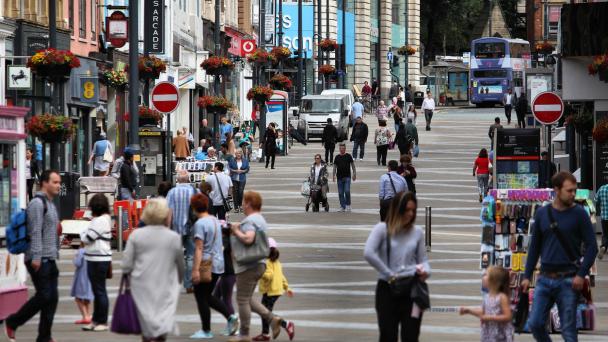British Social Attitudes 41 | Five years of unprecedented challenges


The 2019-24 Parliament has been one of the most politically turbulent and economically challenging of the post-war period. Two Prime Ministers have been brought down, one because of doubts about his honesty and the other after she precipitated a crisis on the financial markets. Meanwhile, at a time when the country was trying to implement Brexit, the COVID-19 pandemic and the Russian invasion of Ukraine resulted in a stuttering economy, a cost-of-living crisis, and struggling public services.
Concern about people’s levels of trust and confidence in how they are governed and by whom is not new. But we may wonder whether the experience of the last five years has served to undermine it further. This chapter examines trends in political trust and confidence during this Parliament and compares them with the experience of previous parliaments from the 1970s onwards. Thereafter it analyses how far the trends it has uncovered can be accounted for by some of the public policy challenges that government has faced, before, finally, discussing the implications for political engagement, attitudes to constitutional change, and support for populism.
Public trust and confidence has fallen now to record lows across a range of measures:
Trust and confidence rose markedly among Leave voters following the implementation of Brexit. But that pattern has now largely been reversed.
People struggling financially and those dissatisfied with the NHS have lower levels of trust and confidence in government.
Support for changing the electoral system and the way in which England is governed has increased and is highest among those with low levels of trust and confidence.
Receive a regular update, sent directly to your inbox, with a summary of our current events, research, blogs and comment.
Subscribe